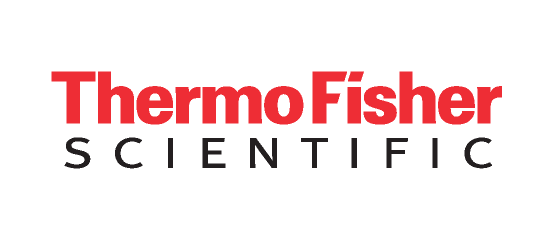Development and validation of quantitative real-time PCR for the detection of residual HEK-293 host cell DNA

The presence of residual DNA carried by gene therapy products in the body may lead to an increased risk of oncogenicity, immunogenicity, and other toxicity. Current regulatory authorities (WHO, EMA and US FDA) limited the accepted amounts of residual DNA in biological products making it extremely important to have a sensitive method of quantifying residual host cell DNA. Among the methods of detecting residual DNA, qPCR is the most widely used for residual DNA quantitation due to its sensitivity, accuracy, precision, and time-saving capability. In this webinar, we share the development and validation of a new, highly sensitive and accurate integrated solution for detection and quantitation of low level HEK-293 DNA to help meet regulatory requirements.
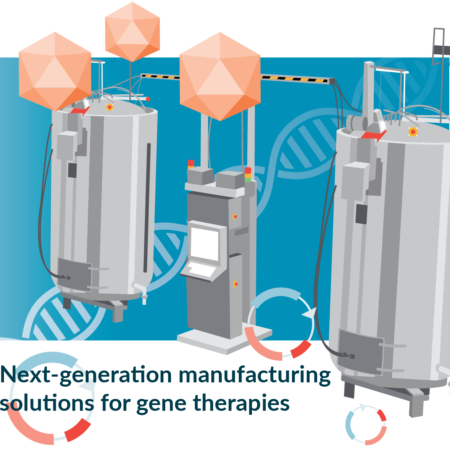
Webinar participants learn:
- Overview of current regulatory requirements for residual host DNA clearance for biological products and what that means for gene therapy applications.
- A streamlined, automated workflow for quick quantification of residual HEK-293 host cell DNA
- Performance specifications for the new Applied Biosystems resDNASEQ Quantitative HEK-293 DNA system.
You might also like
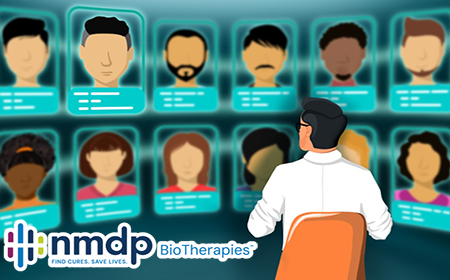
Achieving cost effective, scalable high-titer AAV production
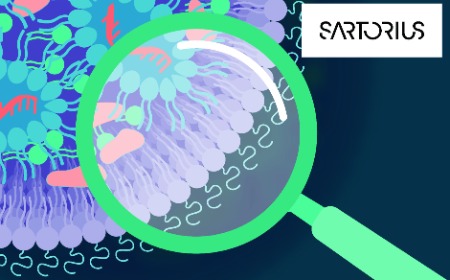
Hit the lentiviral characterization jackpot with accurate RNA detection
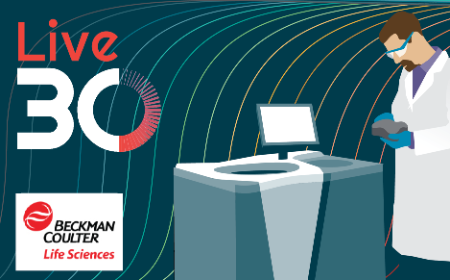
Mastering allogeneic NK cell therapies: flexibility, robustness, and speed to clinic

Biological & operational considerations for iPSC-derived cell production

